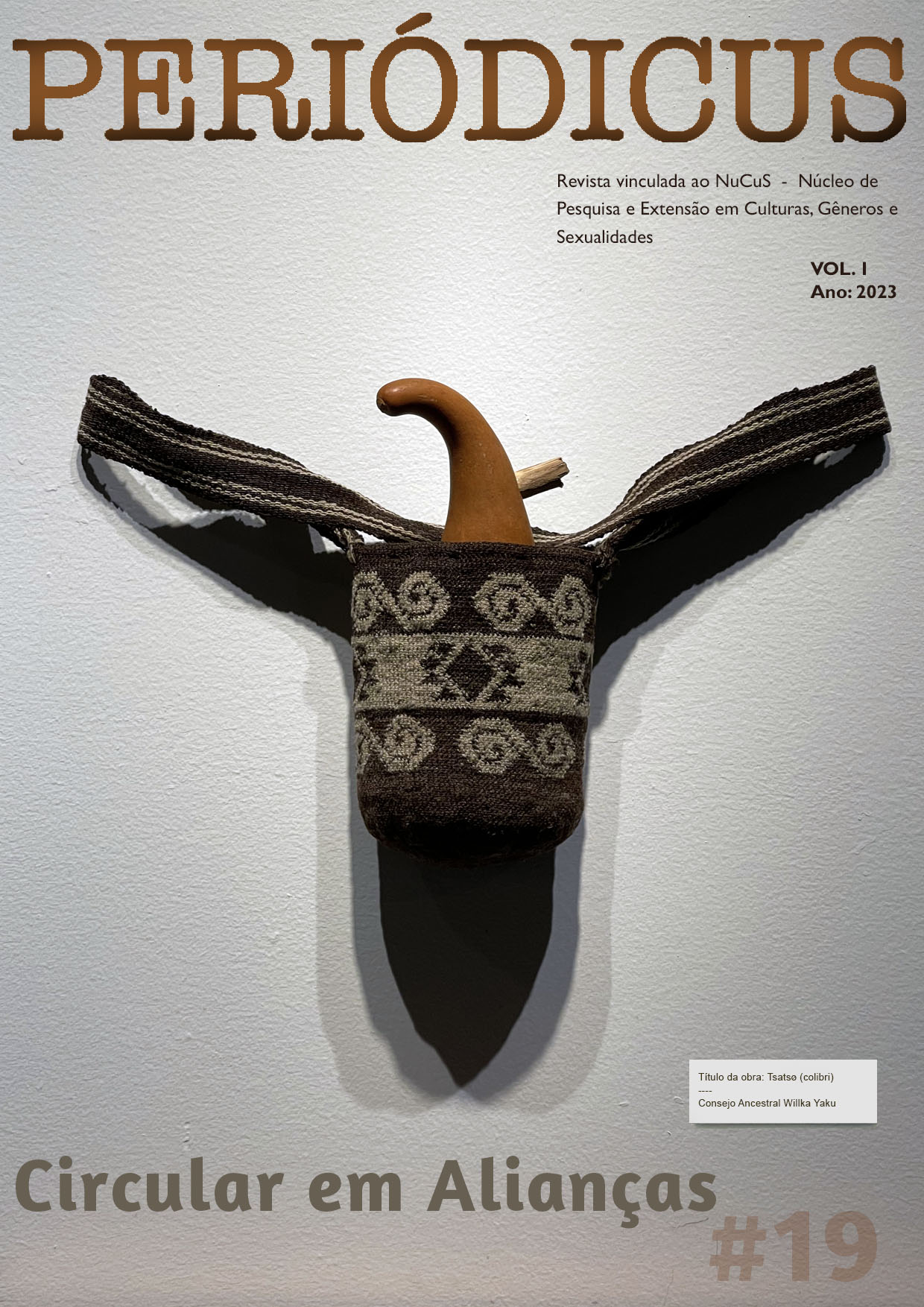The right to Integral Reparation in the Paraopeba River basin
a critique of the racist and cis-heteropatriarchal mining model
DOI:
https://doi.org/10.9771/peri.v1i19.53012Abstract
The present article proposes a critical debate on access to Comprehensive Reparation in cases of desaster-crimes of major proportions. Four authors use situated epistemology to analyze the reparation model in the context of the dam rupture crime by Vale S.A. in Brumadinho, Minas Gerais, which occurred on January 25, 2019. We carried out the job through the intersectional lenses of black feminism, environmental racism, territory and territoriality and decolonial and community feminisms to understand how the matrix of intersectional domination interferes with the participation in the reparation process and access to rights of the most precarious layers of the affected population. We conclude that the racist and cis-heteropatriarchal model of mining/development that generates damages and losses linked to the transversality of historical oppressions, considering the intersectionality of identities, social and bodily markers, interferes in the reparation process. For this reason, Comprehensive Reparation should be more closely linked to understanding the specificities of the different social sectors affected in accessing their rights.
Downloads
Downloads
Published
How to Cite
Issue
Section
License
Copyright (c) 2023 Ana Alvarenga de Castro, Caena Rodrigues Conceição, Jéssica Cristina Alvaro de Oliveira, Lídia Carlos Vieira

This work is licensed under a Creative Commons Attribution-NonCommercial 4.0 International License.
Authors who publish in this journal agree to the following terms:
Authors retain copyright and grant the journal the right of first publication, with the work simultaneously licensed under a Creative Commons Attribution Noncommercial License that allows the work to be shared with acknowledgment of authorship and initial publication in this journal, but prohibits commercial use.
Authors are authorized to enter into separate additional contracts for non-exclusive distribution of the version of the work published in this journal (e.g., publishing in an institutional repository or as a book chapter), with acknowledgment of authorship and initial publication in this journal.
Authors are permitted and encouraged to publish and distribute their work online (e.g., in institutional repositories or on their personal website) at any point before or during the editorial process, as this can generate productive changes and increase the impact and citation of the published work (see The Effect of Open Access).








